Types of Mobile Apps with Examples—Technology with Purpose!
Types of Mobile Apps with Examples—Technology with Purpose!
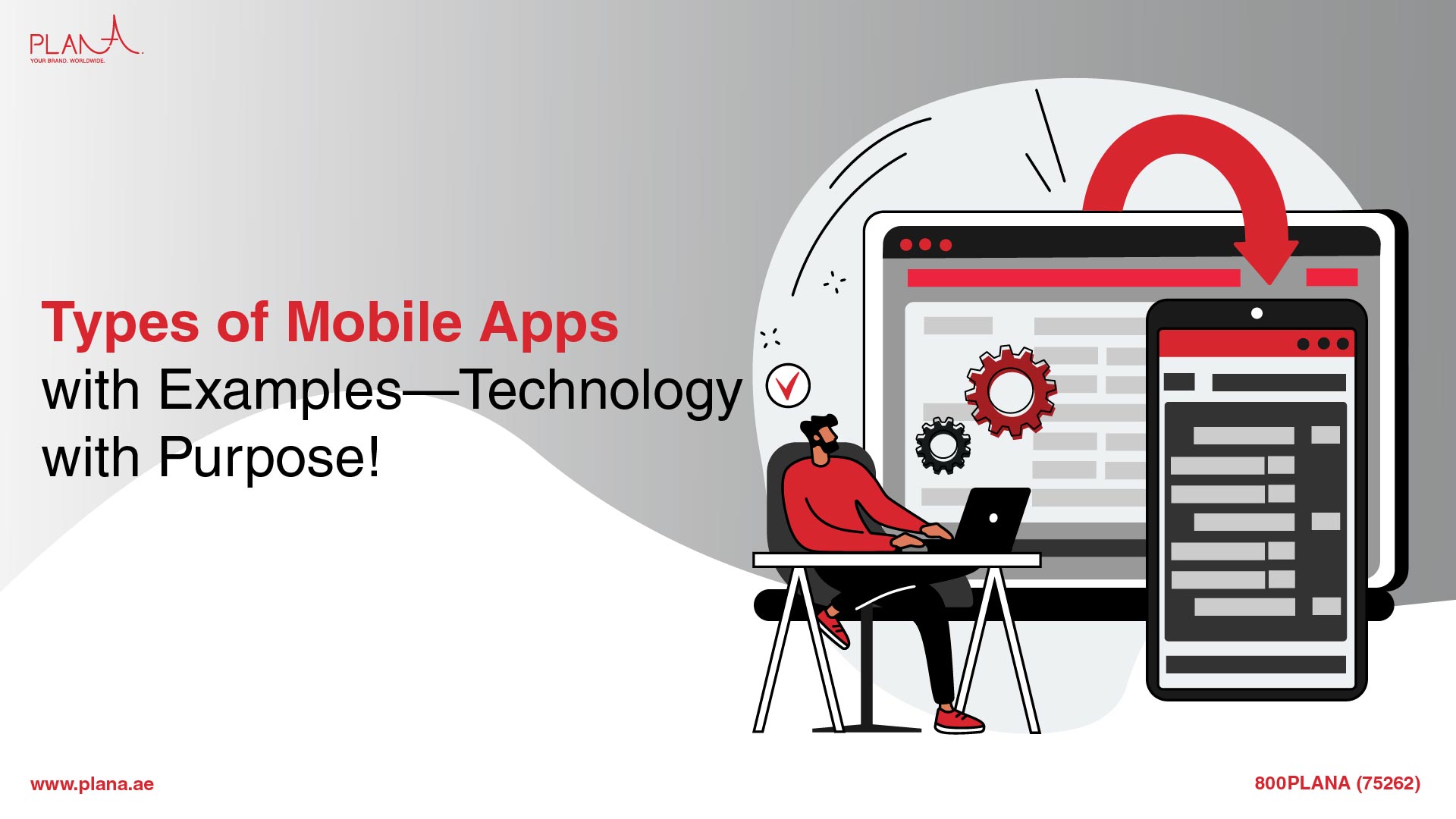
Our everyday lives are now completely dependent on our smartphones.
The list of activities includes setting an alarm, checking social media apps one by one, reading the news, listening to music, and watching YouTube videos, adjusting the lighting and thermostat, and so on.
These disparate yet interdependent applications all function independently on the major operating systems, flawlessly bringing our smartphones to life in real-time.
Every year, there are hundreds of new apps on the market, and the need for "mobile application development" is only growing.
Even if we are familiar with operating systems (such as iOS and Android), it's likely that we are unaware of the precise technology platforms that software developers utilize when designing and developing apps.
In your quest to grasp progressive app development, we hope that after reading this blog explaining types of mobile apps with examples, you will have a better understanding of the types of apps.
Types of Mobile Apps Based on Technology
Recent studies estimate that more than 230 billion mobile apps have been downloaded globally. The total revenue generated by mobile apps is expected to reach over $613 billion by 2025.
We can divide mobile apps into three categories based on their coding language.
1- Native Apps
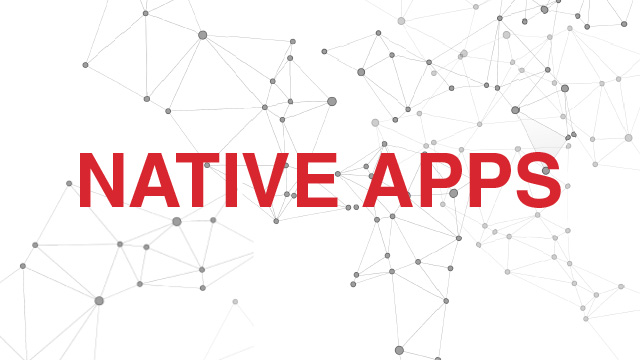
Native apps are created expressly for the operating system of a mobile device (OS). Consequently, in addition to all the other platforms and devices, you can have native Android or native iOS mobile apps.
You cannot use a Blackberry app on an Android phone or an iOS app on a Windows phone since they are only designed for one platform.
Benefits and Features
Native apps have the advantage of being quicker and more dependable in terms of performance because of their single-minded focus. Compared to other kinds of mobile apps, they typically use the device's resources more effectively.
Native apps employ the native user interface of the device, providing consumers with a more enhanced user experience.
Technologies
Many coding languages are used to create native apps. Java, Kotlin, Swift, React, Python, Objective-C, C++ and are a few examples.
Native Apps Examples
- WhatsApp
- Google Maps
- PokémonGo
2- Hybrid Apps
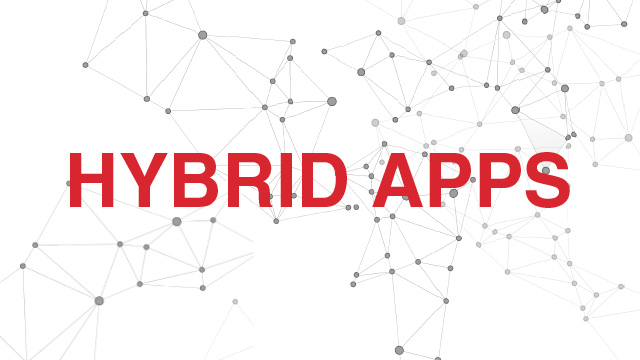
They stand in between native mobile apps and online programs in terms of popularity. They have a small amount of access to smartphone components (camera, microphone, geolocation, address book, etc.).
They need an internet connection because they download files from a server-hosted external source. The majority of promotional services fall under this heading.
Programs that are hybrid have drawbacks. Some services need a minimal quantity of data to function. The design does not account for changes in screen size or enlargement, which could slow down performance and annoy consumers.
Benefits and Features
Hybrid apps may come with a few benefits, like well-managed expenses and the ability to combine user experience with an agile development cycle. You can also get around the restrictions of the Apple App Store here.
An app must be submitted and validated before it can be published on the Apple App Store. A quicker time to market is achieved with a shorter development cycle.
Technologies
In essence, web apps have simply been wrapped in native app shells to create hybrid apps. Once they have been downloaded from an app store and installed locally using a browser that is built inside the program, any capabilities that the mobile platform provides can be accessed by the shell.
React Native, Ionic Framework, Onsen UI, Quasar, Kendo UI, NativeScript, Aurelia, and other essential technologies are utilized by hybrid apps.
Hybrid Apps Examples
- Uber
- Slack
- Skype
Related: Native Vs. Hybrid Apps: A Detailed Guide to Mobile App Development
3- Web Apps
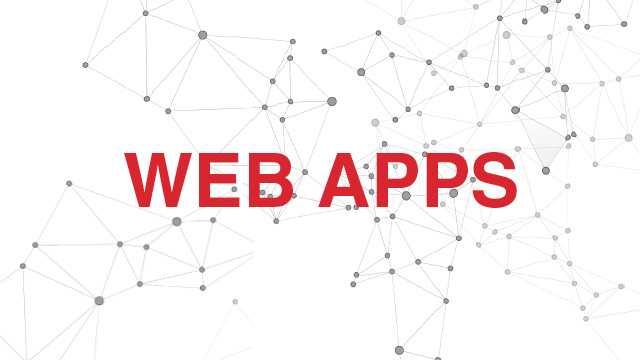
Web applications perform similarly to native apps but are accessed through the web browser on your mobile device. In the sense that you must download and install code into your device, they are not standalone apps.
Indeed, these are responsive websites that change their user interface depending on the device the visitor is using. In actuality, the "install" option for a web app frequently just bookmarks the website's URL on your device.
The progressive web app (PWA), which is essentially a native app running within a browser, is one type of web app.
Benefits and Features
The fact that it is web-based eliminates the requirement for platform or OS customization. This lowers the price of development.
There is also nothing to download. Simply push the update live via the web because they won't consume memory on your device the way native apps do. The update does not need to be downloaded from the app store.
Technologies
Web apps are created using CSS, JavaScript, HTML5, Ruby and other commonly used web programming languages.
Web Apps Examples
- Gmail
- Yahoo
How Do I Decide What Kind of Mobile App to Develop for My Business?
Think about the advantages and disadvantages of both native and hybrid apps stated above before making your final choice.
As an alternative, you can conduct research on demographics and your entire marketing plan to determine how much money you are ready to spend on customized mobile apps according to mobile application categories and types.
With the aid of our professional development team, you can come to a thoughtful decision.
Pay close attention to your budget and select the option that best suits you. Assess your level of comfort with various mobile app types.
When you are unclear about the user's initial reaction or have no clear vision of what your finished app should look like, hybrid mobile app development is your best bet.
Yet, native apps might provide a high level of functionality and a fantastic user experience. Also, they outperform hybrid mobile apps.
Related: What Are the Features of a User-Friendly App
Types of Mobile Apps Based on Purpose (With Examples)
There are currently 24 app categories in the Apple App Store and 32 in the Google Play Store. Despite the fact that it may seem impossible to choose, there are only a few primary categories of mobile applications such as.
- Lifestyle Mobile Apps
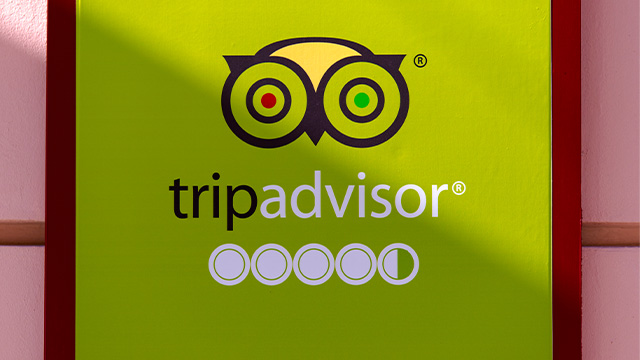
Recent years have seen rapid growth in lifestyle apps. An app that supports or expedites the various elements that make up your lifestyle is referred to as a lifestyle app.
Consider the applications you use for convenience, including those for dating, eating, fitness, and travel.
Apps for lifestyle and leisure are becoming more and more common, especially for tasks that require more than just a simple search.
Examples
- TripAdvisor
- Bumble
- Zillow
- Uber
- Educational Apps
Applications that teach and inform accomplish exactly that. Although the goal of this kind of app is quite obvious, there is a lot of variety in educational applications, such as news and language apps.
You'll need to present news or other material in an engaging and distinctive way for students of various ages, interests, and levels if you want to make a dent in this crowded market.
Examples
- Buzzfeed
- Flipboard
- Games/Entertainment Mobile Apps
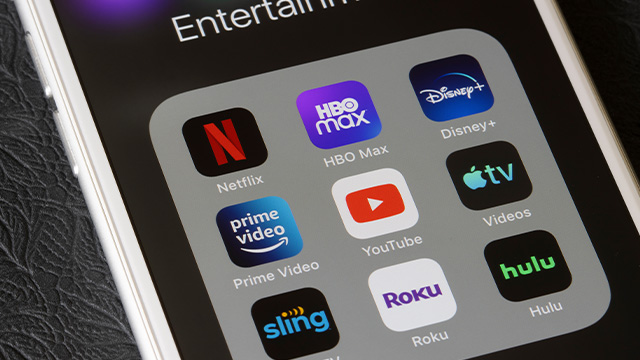
Games and entertainment is a big and fiercely competitive industry. One of the most obvious kinds of smartphone apps, games require minimal explanation.
Examples
- Subway Surfer
- Trivia Crack
- Netflix
- YouTube
- Social Media Mobile Apps
Some of the most well-known categories of smartphone apps are social media ones. If you're going to offer a service or sell a product that your users can share with their networks, think about integrating social sharing tools into your app.
This feature will keep your users coming back to share and compare with their networks repeatedly.
Examples
- Facebook
- Pinterest
- Instagram
- Snapchat
- Productivity Mobile Apps
Although it may seem like one of the dull categories of mobile apps, productivity is really a very popular one. These apps assist their users in completing a task swiftly and effectively, making difficult but occasionally necessary chores easier.
Examples
- Docs
- Sheets
- Wallet/Pay
- Weather
- Utility Mobile Apps
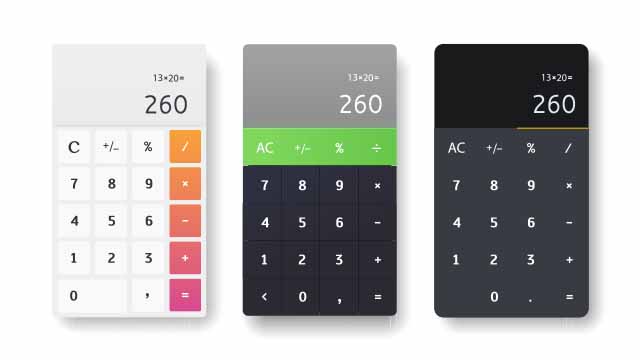
The mobile app categories that we may utilize the majority of the time without even realizing it are utilities. Several of them are pre-installed and have only one use on your smartphone.
We typically utilize these mobile apps more frequently but for shorter amounts of time. Your calculator will typically only be opened to calculate an equation (such as figuring out the tip at a restaurant) and then it will be put away.
Examples
- Reminders
- Calculator
- Flashlight
- Weather
Read: Why Your Business Needs an App
The Bottom Line
Every mobile app has advantages and disadvantages. You can decide which kind of app is best for you based on the needs of your company or brand.
Companies should pick the app and the features that go into its creation based on the needs, goals, and features.
Also, keep in mind who your target market is. You can select the kind of mobile app you require based on your audience's age, location, technological proficiency, and needs.
We at PLAN A Agency, a well-known provider of mobile app design & development services in the UAE, specialize in creating unique apps specifically for your company's needs.
Don’t hesitate to contact us if you are considering developing a mobile app but are unsure of what platform or technology to utilize.
